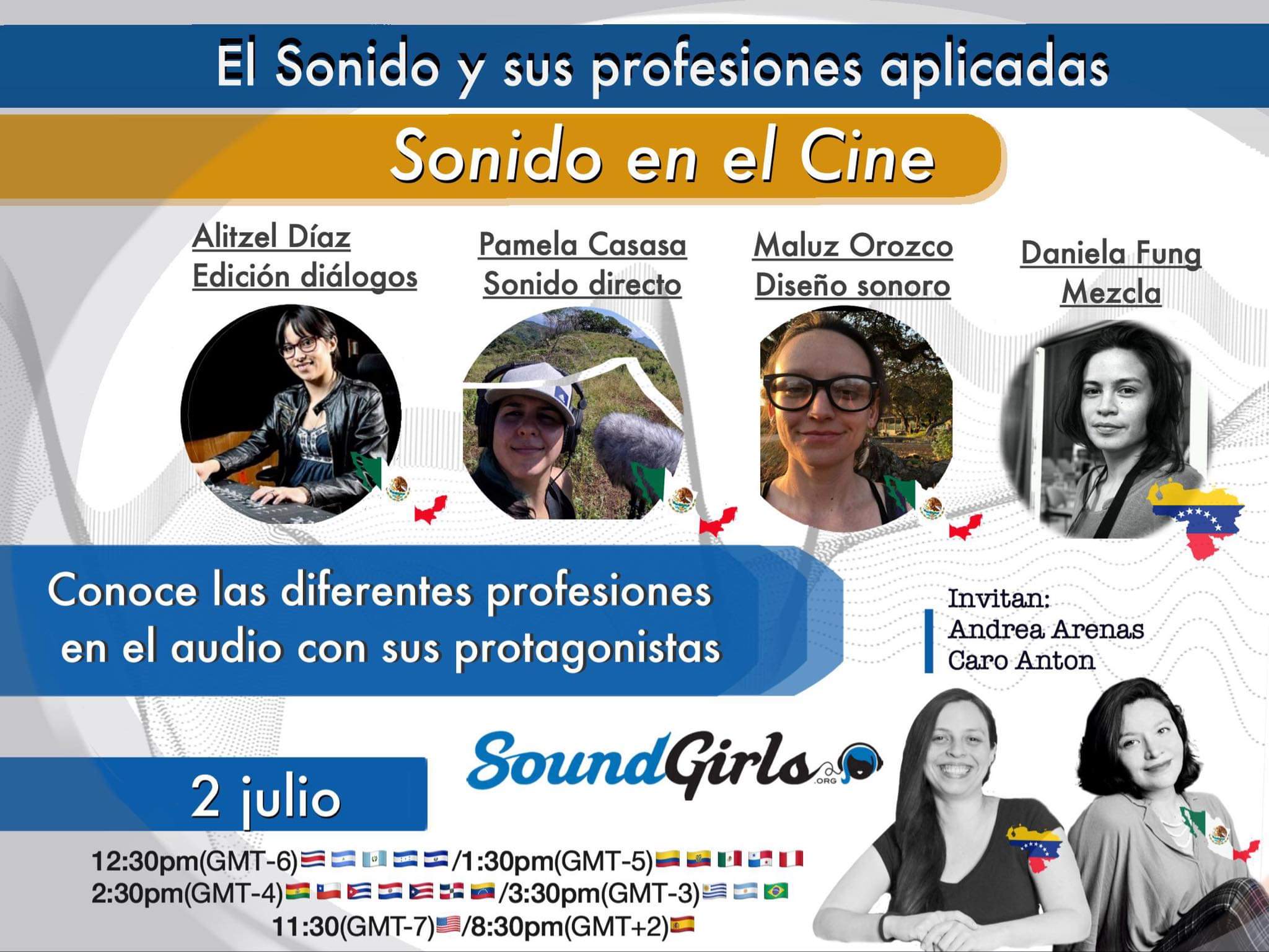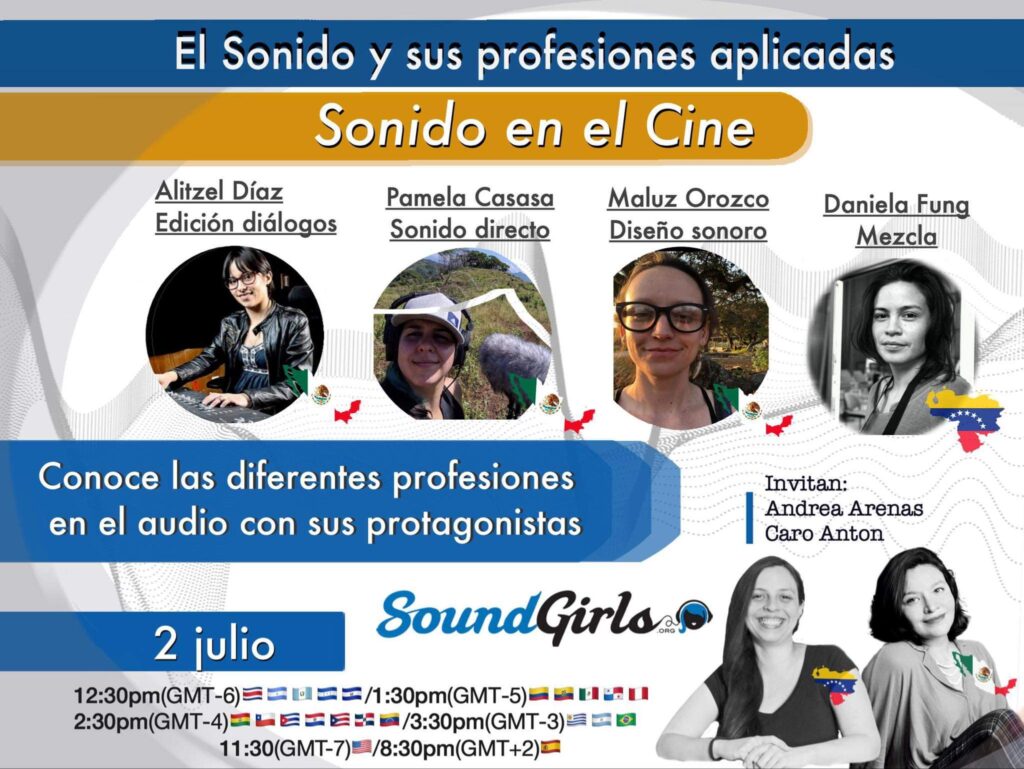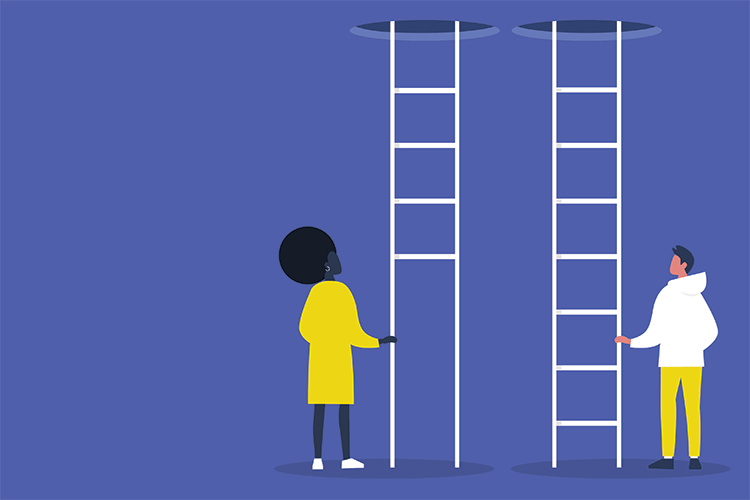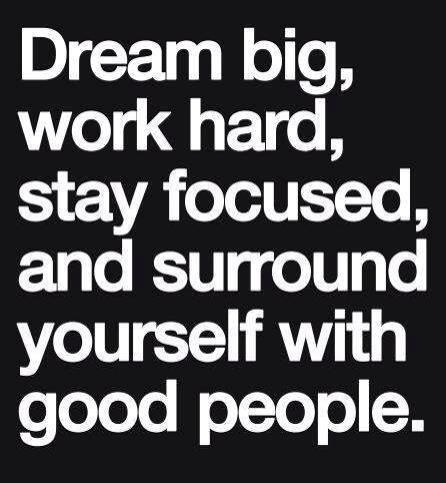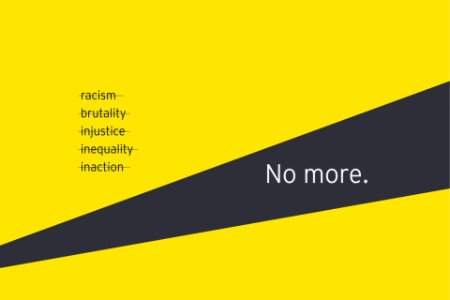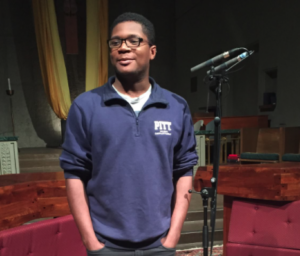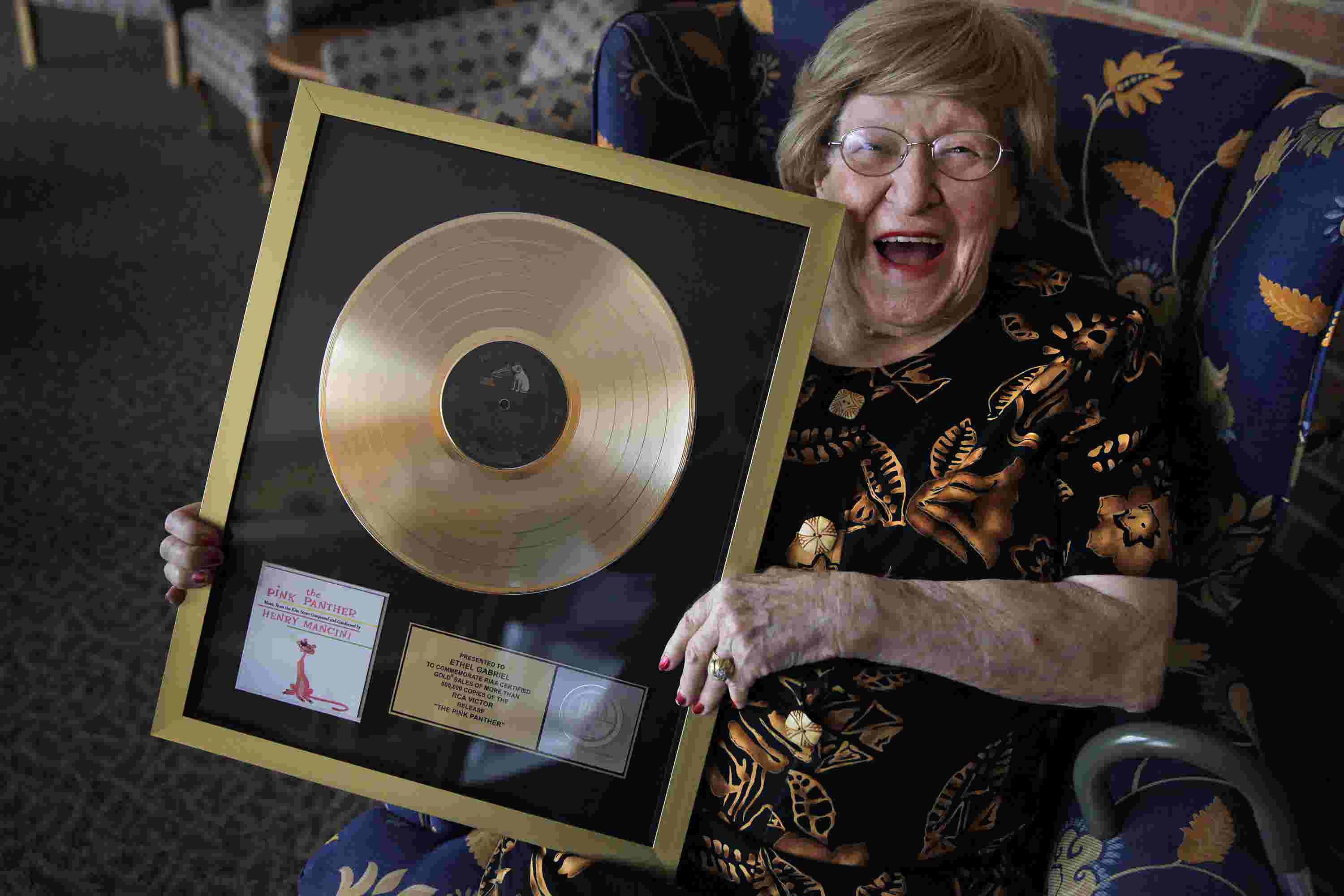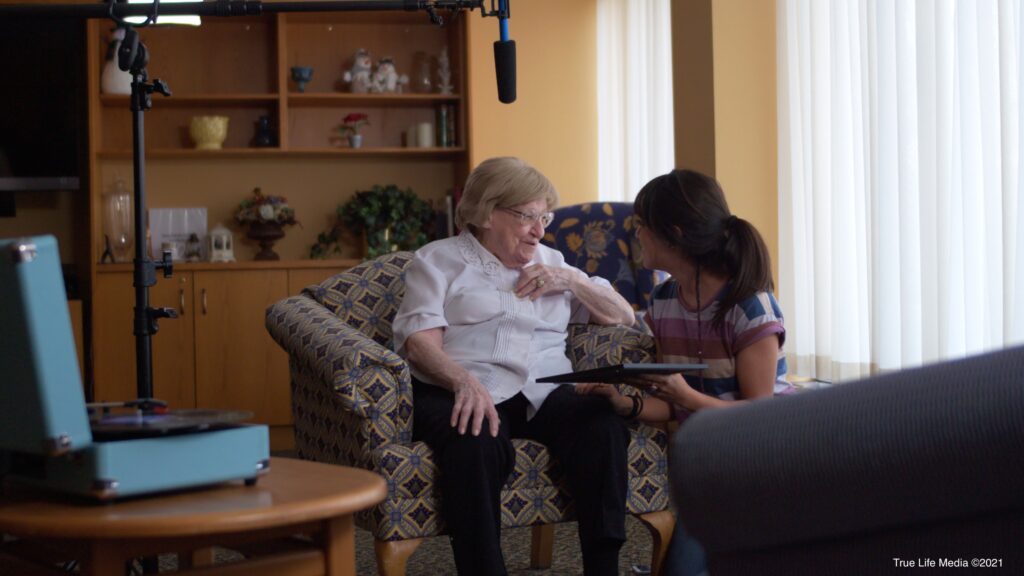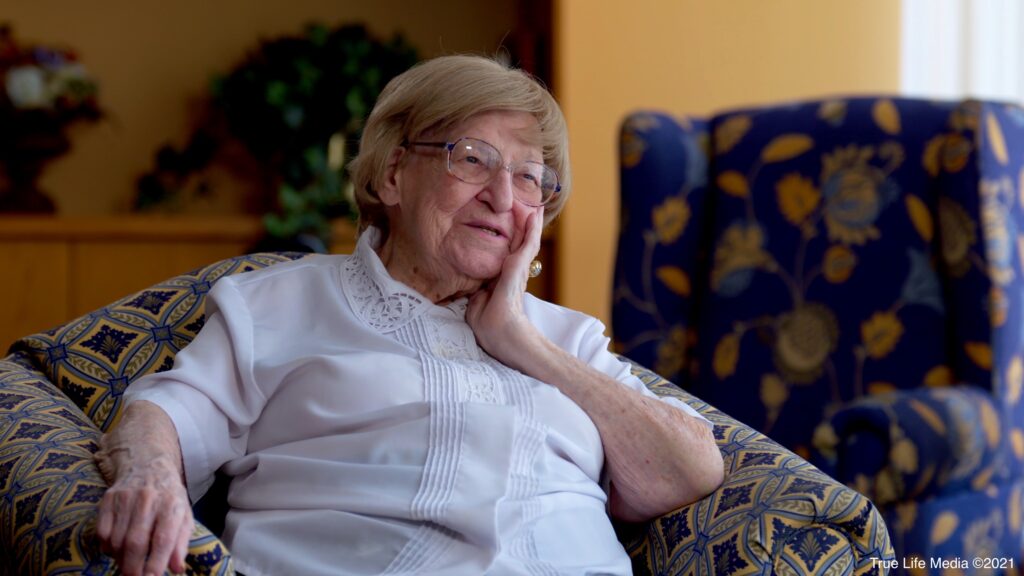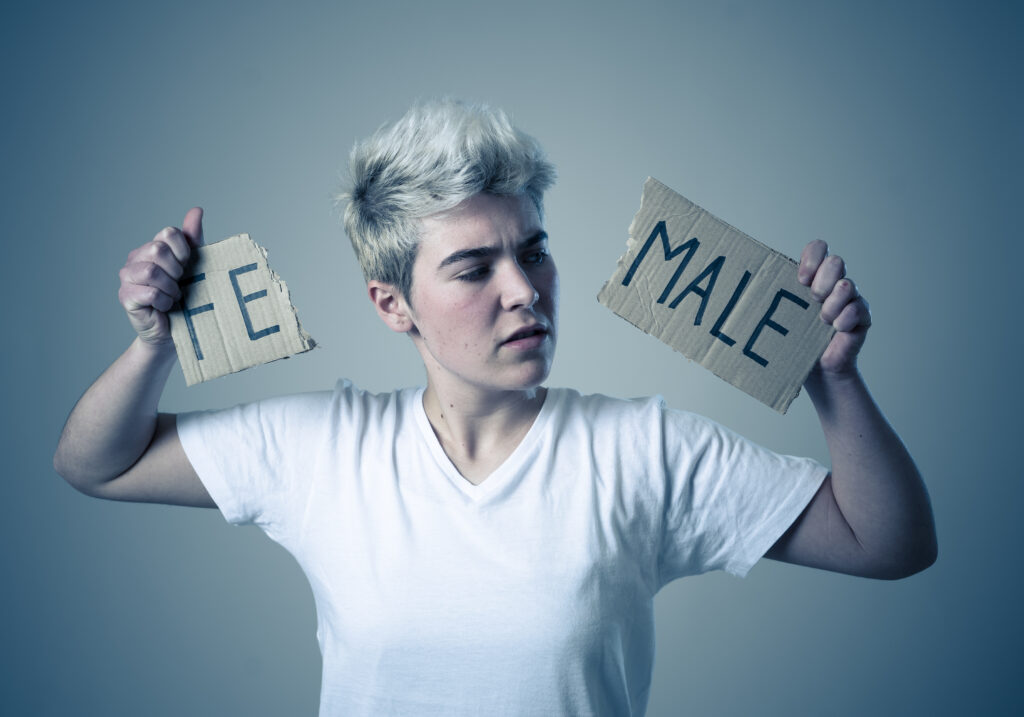There’s been a lot of talk about equality, equity and diversity recently. I’ll discuss the pros and cons of a diverse workplace in my next blog (spoiler: they’re mainly pros), but first I want to tackle an idea that shuts discussion about diversity down before it even begins: “It should just be the best candidate for the job.” Of course, I am 100% in agreement with that sentiment, but unfortunately, as is so often the case in live audio, the theory does not match up with real life.
Is live audio a meritocracy?
In my experience, it is widely believed that our industry, and indeed our society, is a meritocracy. That is, “outcomes such as wealth, jobs, and power are distributed on the basis of hard work, strong motivation, and personal ability.” (1) Or, that the best candidate gets the job. While that may be the ideal, and some companies might be very conscientious hirers, it is not what’s happening on an industry-wide level. If you’re feeling philosophical you might like to read this article about the origins of the term and the arguments for why a true meritocracy is unsustainable. The myth of meritocracy: who really gets what they deserve? (2). From a more practical angle, just think about how most of us get new clients: word of mouth. By its very nature, a network based on word of mouth and personal recommendations is an enclosed system. Would you trust a government that was only ever appointed by other members of that government? There are definitely advantages to hiring people who have been recommended by respected colleagues, but it is a system particularly vulnerable to biases and personal preferences, with little opportunity for scrutiny.
I have heard of people getting gigs because a parent-owned the company because they worked for a favoured artist and the hire company wanted to “keep them sweet” while they weren’t touring, or simply because they were in the warehouse when a project manager was filling their crew lists. Often, these people are genuinely very good at their job, but it can’t be argued that those are fair or transparent hiring practises. It’s also statistically unlikely that they were the definitively best choice for the job.
Meritocratic beliefs actually result in more discrimination
It sounds counterintuitive, but if someone believes they are part of a fair system (when they aren’t), they are more likely to act unfairly. “The more individuals believe that Meritocracy exists, the more likely they are to deny economic inequalities and discrimination and to overestimate racial equality and less likely to have support for policies designed to reduce those inequalities” (1). In other words, if you believe that with enough hard work and talent anyone can achieve anything, then you don’t believe discrimination or even luck are significant factors in people’s lives (3). The people who aren’t successful simply mustn’t have worked as hard or be as talented as the people who are. Members who benefit from the system happily believe that it is solely down to their work ethic and aptitude, while those who do less well blame themselves for being incompetent or lazy. When this belief is widespread, it further reinforces the stereotypes about the high-status group (often white men) being innately better than the low-status group (e.g. women and/or people of colour).
A 2010 study found “When merit was emphasized, research participants provided, on average, higher rewards to a male employee over an equally qualified female employee (in the same job, with the same supervisor, and with equivalent performance evaluations).” It concluded that “Ironically, working in an environment that highlights meritocracy might make individuals believe that they are fair and objective, and as a result, make them more likely to display their biases” (4). If someone feels they are already egalitarian, they’ll go with their gut instincts rather than examining what is driving their decisions, and those instincts are often biased. The rags to riches fairytale, which is so central to the American Dream and so countless movie plots adored worldwide, actually justifies the unequal status quo. It “serves as a social glue, holding the status-based hierarchy, and importantly, making inequalities more acceptable, hence promoting stability within a stratified social system” (1).
“Fetishing brilliance” reduces the pool of candidates
A report published in Science in 2015 found that academic disciplines that fetishise brilliance, i.e. where practitioners in that field believe that raw, innate talent is the main requirement for success, are likely to have fewer women and African Americans than those that don’t (5). This results from a trend of white men being more associated with being ‘gifted’, while women and African American men “are stereotyped as lacking innate intellectual talent”. Tellingly, Asian Americans, who are not stereotyped in the same way, were not underrepresented in those fields. Emphasising the need for brilliance can both put women off, who often feel they don’t possess that quality and make employers less likely to choose women or African American men even if they do put themselves forward. The study found no evidence to support the theory that these groups are truly less likely to be naturally brilliant, as some had suggested, or that men do better because they work longer hours (which they didn’t).
We are obsessed with the idea of innate talent in audio. How many times have you heard people say that you have to have a musical ear for mixing, or you have to have the knack with technology? You’ve either got it or you don’t? Throughout music in general, skill is far more highly valued if you’re born with it. If you have to work at it, it’s almost embarrassing. When someone claims that to shine in audio requires skills that just can’t be taught, they’re subconsciously contributing to the underrepresentation of women and ethnic minorities in the field.
The limitations of word of mouth
If meritocratic beliefs and fetishising brilliance are two common factors in the industry, which have been shown to reduce the likelihood of success for large proportions of the population, why do we think the best candidate for the job is someone we already know? It’s not even a case of needing more diversity; how does an enclosed system recruit the best talent (innate or learned), regardless of identity? I understand that it is very difficult to judge aptitude for live audio just from a résumé. There are a lot of skills that can’t be measured by qualifications, résumés are vulnerable to exaggeration and finding a good personality fit for a team can be as important as finding someone with the right knowledge. The freelance, last minute and temporary nature of the industry also make it less suitable to recruitment methods used in more “corporate” settings. If you need eight people to work for just one week, starting 4 days from now, it isn’t practical to mount an advertising campaign for the roles then rigorously review each candidate and fact check their résumés.
However, we need to acknowledge that word of mouth and personal networks really limit the available talent pool, especially when it comes to newer people trying to make it in the industry. What are the odds that the best person possible for a job went to the same school as you? Knows a friend of yours? Goes to the same church as you? Or the old favourite, happens to be in the same room as you? If we can acknowledge the limitations of this approach we can start to do something about it.
Take control of the pipeline
Live audio is so highly competitive that it might seem like there’s little incentive to bother seeking candidates out rather than letting them come to you. Even if you get to the bottom of your call list, there’s always a pile of résumés waiting in your emails, right? It’s still likely that those résumés are from people who are already in the industry, often friends of people who work for you. You might be expanding the number of candidates, but they’re still likely to have quite similar attributes, especially if you’re looking for people who will “fit in well”. There’s a growing body of evidence that having diverse teams, not just measured by gender or ethnicity but a diversity of thinking improves performance (6). According to research discussed in Scientific American in 2014, “Being around people who are different from us makes us more creative, more diligent and harder-working.” (7) I will revisit this in more detail in my next blog but suffice it to say it is good to work with a wide variety of people, both from a company perspective and as a freelancer.
More “traditional” business sectors understand the importance of nurturing talent well before candidates reach the interview stage. If you want to attract the best of the best, you’ve got to see recruitment as an investment. I don’t know about you, but any career advice I’ve ever had was awful. There were about five jobs on their list, and none of them was “sound engineer.” The best engineer of the future might not even know the role exists. You could go into schools (not just your own) and do demonstrations, hold open days at your premises, have an active online presence where anyone who is curious can learn more about the industry and your part in it. Offering work experience and internships can help both parties assess each other, and you can teach potential employees good habits before they have the chance to learn bad ones.
As for finding candidates who are already in the industry: treat maintaining your freelancer pool as a year-round task. It’s easy to not see it as a priority when you’re busy with more immediate concerns, but if you leave filling positions to the last minute, you’re highly unlikely to find the best candidate. If you’re in a rush you won’t be thorough in your considerations, and to be frank, if someone’s available at short notice, they’re unlikely to be high quality. When reviewing cover letters and résumés, try to focus on objective things like qualifications and experience, and avoid making snap judgments based on less relevant aspects, like names or age.
Freelancers benefit from less homogenous working environments too, so it’s in our interests to help expand the search for coworkers. If you’re asked for recommendations, bear in mind that it’s natural to suggest people who are like ourselves (8). Make the effort to think about who would actually be the best fit for the role. If everyone you know is like you, get out more! Interacting with a wide variety of people benefits your professional and personal development anyway (more on that next time). Companies, employees and freelancers can all work to foster environments that value differences of opinion and experience, not just to attract but also retain and develop the best people in the industry.
So, if you’re looking for the best candidate for the job, I hope I’ve convinced you that our current methods are not enough to find them. Our industry is not a romantic comedy where the person we needed was right there in front of us all along. Idly believing that the best people should get the job is not going to change this. The good news is there are plenty of ways to find great techs and increase your competitive edge, productivity and profits in the process.
- Primes and Consequences: A Systematic Review of Meritocracy in Intergroup Relations. Madeira et al., 2007 (https://www.ncbi.nlm.nih.gov/pmc/articles/PMC6761281/)
- The myth of meritocracy: who really gets what they deserve? K. A. Appiah. 2018 https://www.theguardian.com/news/2018/oct/19/the-myth-of-meritocracy-who-really-gets-what-they-deserve
- A belief in meritocracy is not only false: it’s bad for you. C. Mark, 2019 https://aeon.co/ideas/a-belief-in-meritocracy-is-not-only-false-its-bad-for-you
- The Paradox of Meritocracy in Organisations. Castilla & Benard, 2010 https://gap.hks.harvard.edu/paradox-meritocracy-organizations
- Expectations of brilliance underlie gender distributions across academic disciplines. Leslie et al., 2015 https://science.sciencemag.org/content/347/6219/262.full
- Why Diverse Teams are Smarter. Rock & Grant, 2016. https://hbr.org/2016/11/why-diverse-teams-are-smarter
- How Diversity Makes Us Smarter. Phillips, 2014 https://www.scientificamerican.com/article/how-diversity-makes-us-smarter/
- Word-of-mouth recruitment isn’t the best path to top research talent. ResearchGate, 2019 https://www.researchgate.net/scientific-recruitment/blog/post/word-of-mouth-recruitment-isnt-the-best-path-to-top-research-talent
